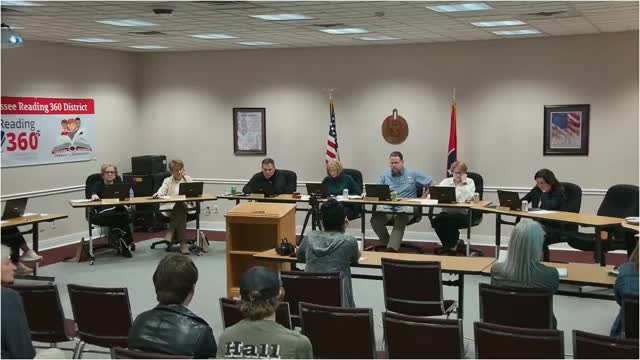Article not found
This article is no longer available. But don't worry—we've gathered other articles that discuss the same topic.
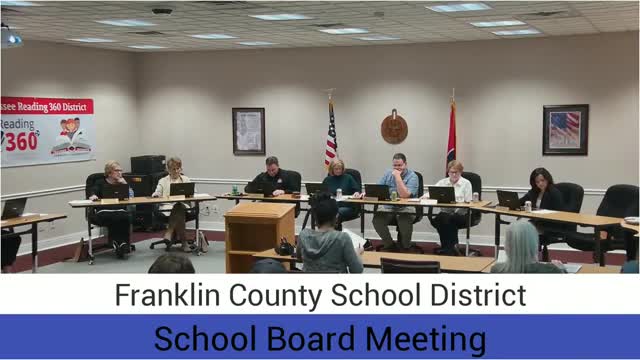
Votes at a glance: Franklin County Board approves consent agenda, financial reports, calendar and Section 5 policies
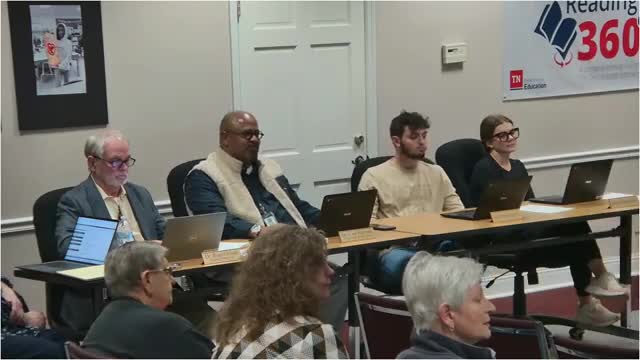
Local nursing facility announces $25,000 scholarship for Franklin County students pursuing medical careers
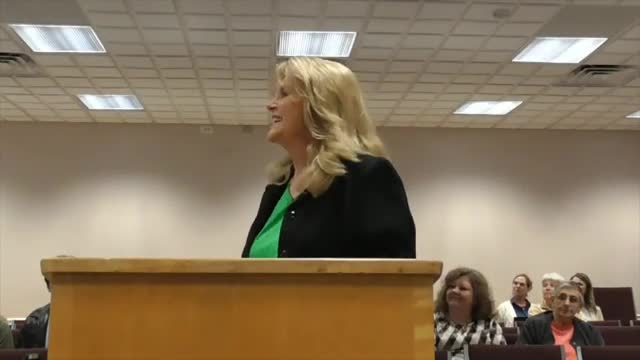
Calhoun Elementary spotlights discovery classes and community partnerships in school-board presentation
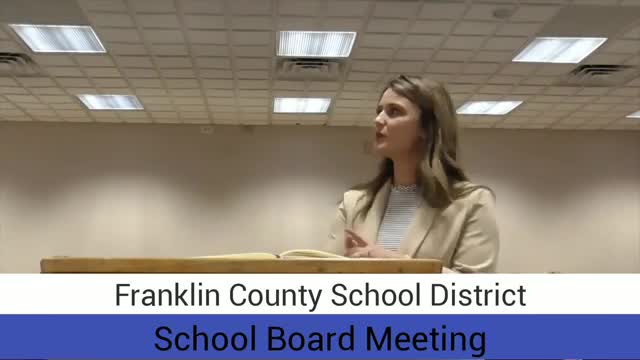
District presents secondary academic snapshot: ACT changes, Exact Path growth and EOC gains at Franklin County High
